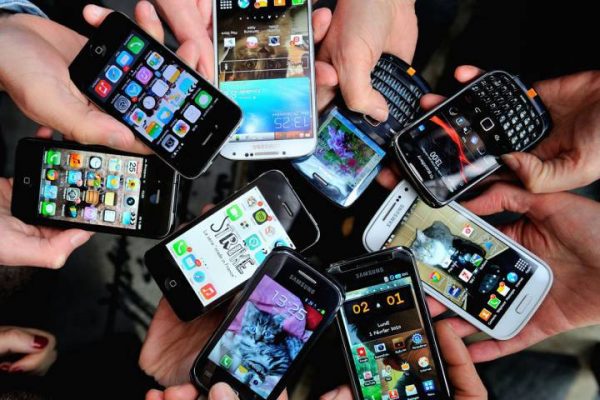
Mobile Internet subscription sustained its growth trajectory to hit 157.67 million in April 2023, despite the country’s broadband penetration slowing to 48.14 per cent.
In April, the country lost 674,862 broadband subscriptions, leaving a dent in its broadband penetration aspiration for 2023. This is the second month that broadband penetration is falling after hitting an all-time high of 48.49 per cent in February of 2023, following a consistent rise from 42.24 per cent as of March 2022.
According to data from the Nigerian Communications Commission, the total number of mobile subscriptions also fell to 223.34 million after hitting 226.84 million in February 2023. Teledensity, the number of active telephone connections per one hundred (100) inhabitants living within an area, also declined to 117.17 per cent.
Despite a general decline in the sector, mobile Internet subscriptions remained resolute, hitting an all-time high of 157.67 million, cementing its place as the Internet gateway for many Nigerians.
According to GSMA, Nigerians access the Internet through their phones and are growing reliant on the Internet.
In its ‘The Mobile Economy Sub-Saharan Africa 2022’ report, the association said, “As the primary way most people access the internet in Sub-Saharan Africa, mobile is driving digital inclusion.
“This delivers significant economic benefits, reduces poverty, and transforms lives by providing people with access to a range of life-enhancing services.
“By the end of 2021, around 40 per cent of the adult population in Sub-Saharan Africa subscribed to mobile internet services. Although this figure is a marked increase from the 35 per cent at the start of the pandemic, it still lags behind the global average of 70 per cent by a considerable margin.”
Despite the fall in broadband penetration, it is expected that Nigeria will hit its 50 per cent target for 2023. The recent decline in broadband penetration coincides with a cash crunch that made telecom services temporarily unavailable to some individuals.
In its first quarter report, MTN Nigeria noted, “The limited availability of the new notes resulted in cash shortages, which impacted our customers’ ability to recharge through physical airtime vouchers (affecting mostly customers who did not have access to digital recharge channels) and over-the-counter (OTC) transactions within our MoMo agent network.”
In the ‘Nigerian National Broadband Plan (2020 – 2025)’ policy document, the government defined broadband as a high-speed Internet connection. It stated that broadband penetration is measured by the number of broadband subscribers per 100 inhabitants.
It noted that increasing Internet penetration would help increase jobs and reduce of poverty. Commenting on its target, it said, “50 per cent of eligible individuals with provision for physically challenged, for 2023.
“Rapid rollout of broadband services will address various socio-economic challenges faced by the country, including the need to grow its economy, create jobs, rapidly expand the tax base, and improve digital literacy and educational standards.”





